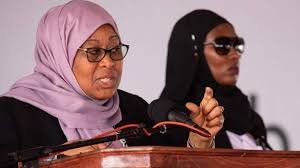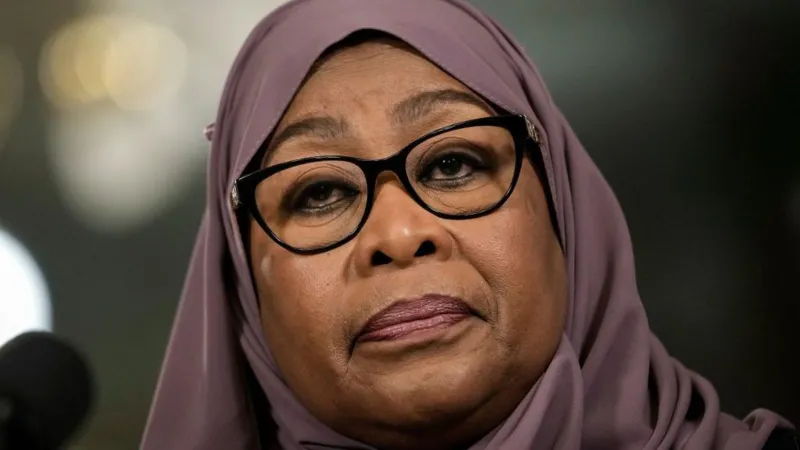In a reminder of Tanzania’s turbulent political landscape, President Samia Suluhu Hassan has condemned the brutal murder of Mohamed Ali Kibao, a senior member of the opposition party Chadema. Kibao, 69, was brutally attacked and killed in a move that has drawn widespread condemnation domestically and internationally.
The tragic incident
On Friday, Kibao was abducted from a bus while travelling from Tanzania’s largest city, Dar es Salaam, to his hometown, Tanga. Witnesses reported that suspected security agents forcibly removed him from the vehicle. His body was later found in Ununyo, a district of Dar es Salaam known for its coast.

Postmortem examinations revealed that Kibao had suffered serious injuries. According to Chadema president Freeman Mbowe, the late opposition leader was “severely beaten and had acid poured on his face.” This brutal attack has shocked the entire country and highlighted growing concerns about political violence in Tanzania.
President’s reaction
President Samia Suluhu Hassan reacted immediately to the killing, expressing her horror and demanding a thorough investigation. In a statement posted on X (formerly known as Twitter), President Samia condemned the “brutal acts” and ordered investigative agencies to provide detailed reports on this and similar incidents.

“Our country is a democracy, and every citizen has the right to live,” President Samia said, reaffirming her commitment to justice. Her statement is a stark contrast to the repressive measures seen under her predecessor John Magufuli, and aims to restore faith in Tanzania’s democratic processes.
International and domestic reactions
The United States Embassy in Tanzania also expressed its support for an “independent, transparent and prompt investigation” into Kibao’s murder. This support underscores international concern over the state of human rights and political freedoms in Tanzania.
Kibao’s killing has sparked widespread outrage among Tanzanians, particularly within Chadema, which has been vocal about its concerns about alleged repression on political activity. “We cannot allow our people to continue to disappear or be killed like this,” said Freeman Mbowe, echoing the sentiments of many opposition supporters who fear for their safety.
Political context
Kibao’s killing comes amid growing concern about the political climate in Tanzania. The opposition has raised concerns about rising incidents of violence and intimidation. Recent months have seen a crackdown on opposition activity, including the arrest of senior Chadema leaders such as Mbowe and Tundu Lissu. These leaders were detained last month when they attempted to organise a youth rally that police deemed posed a risk of violence.
The climate of fear and repression has led many to worry that Tanzania could return to the repressive ruling style of the late President Magufuli, despite President Samia’s promises to improve political freedoms. In August, Human Rights Watch expressed concern about a rise in arrests of opposition activists, describing it as a troubling sign as the country approaches the 2025 presidential elections.
Community and media reactions
Kibao, a retired military intelligence officer who joined Chadema in 2008, will be buried on Monday in Tanga’s Darigube district. His death has left a deep mark among the community and opposition supporters, many of whom see it as a symbol of the risks faced by those who challenge the status quo.
Local media and social media platforms are filled with calls for justice and reform. The public response reflects widespread concern about the direction of Tanzania’s democracy and the need for effective measures to prevent further violence.
Looking Ahead
As the investigation into Kibao’s death continues, the Tanzanian government faces growing pressure to address broader issues of political violence and human rights abuses. The international community is watching closely, and the response to this tragic incident could significantly impact the political landscape in Tanzania.

President Samia’s handling of this case and her administration’s actions in the coming months will be crucial in shaping the future of Tanzanian democracy. The country stands at a crossroads, where both positive change and challenges are likely to continue.
